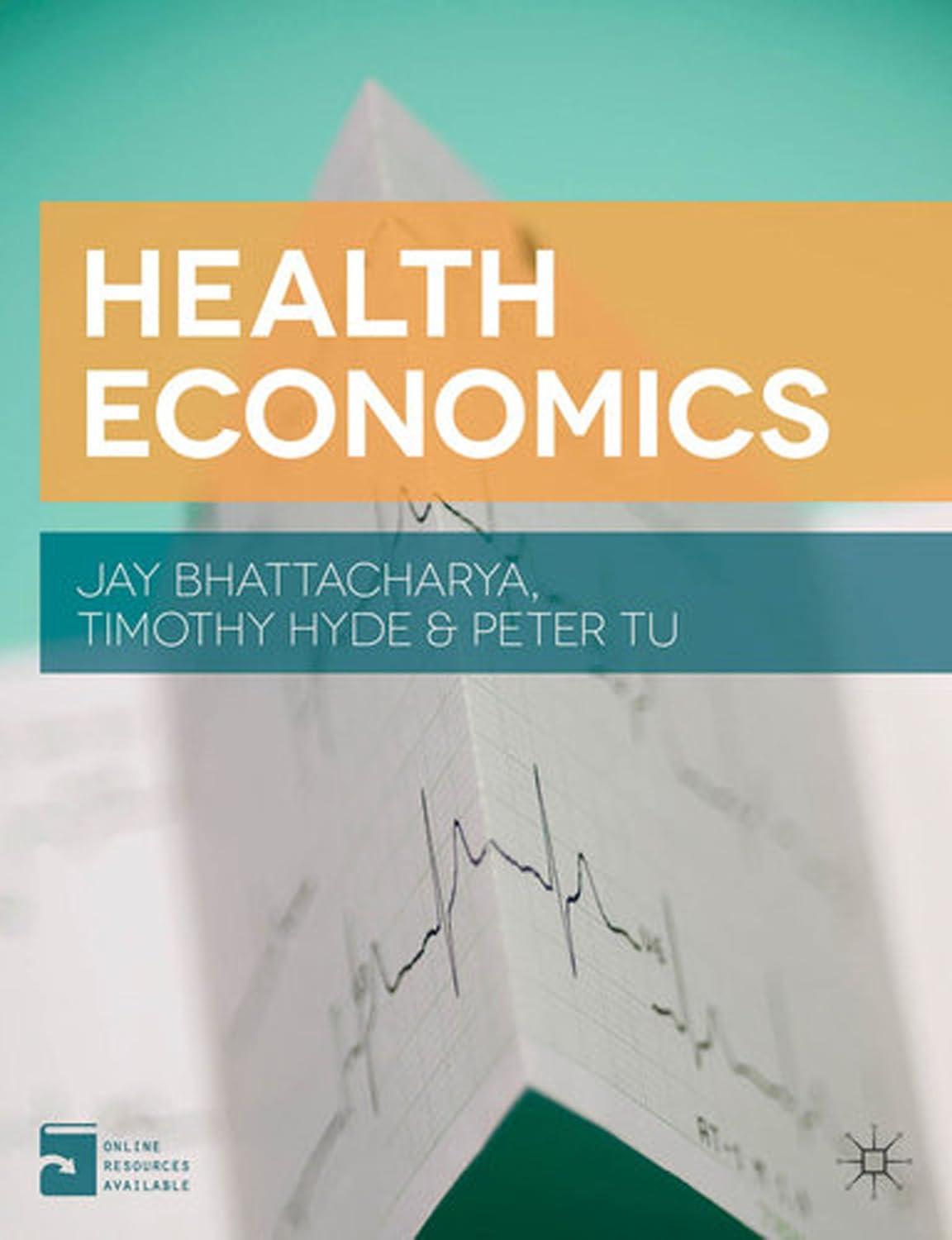Simpsons paradox. Recently, the king of the mythical nation of Pcoria was diagnosed with cancer. He noticed
Question:
Simpson’s paradox. Recently, the king of the mythical nation of Pcoria was diagnosed with cancer. He noticed that many other nobles in his court had also been diagnosed with cancer recently. He dispatched his two best health economists to study cancer rates in Pcoria’s two towns. Their results are recorded in Table 4.6. Before you begin, recall that Pcoria’s two towns are very different. Eastville is a poor area, home to numerous factories that produce prodigious amounts of pollution. Weston is the home of the king’s court and is filled with pristine parks and hiking trails.

a. The king’s economists conclude that there is a health disparity between nobles and peasants when it comes to cancer rates. Succinctly state the health disparity.
b. Calculate the nationwide cancer rate for nobles and the nationwide cancer rate for peasants. What do you find?
c. This effect is called Simpson’s paradox or the amalgamation paradox. Explain how the distribution of nobles and peasants and the geography of Pcoria contribute to the paradoxical result. Which health disparity hypothesis from the chapter does this exemplify?
d. Consider Table 4.7, which substitutes variable names for the cancer rate data.
Simpson’s paradox occurs when the cancer rate is higher for nobles in each town but higher for peasants nationwide. Express these three conditions in terms of the variable names in the table.
e. Use your answer from Exercise d to prove that Simpson’s paradox cannot occur if the populations of nobles and peasants are the same in both towns (that is, a =c and b=d).

f. Do you think Simpson’s paradox might invalidate some of the evidence for health disparities cited in this chapter? Why or why not?
Step by Step Answer:






